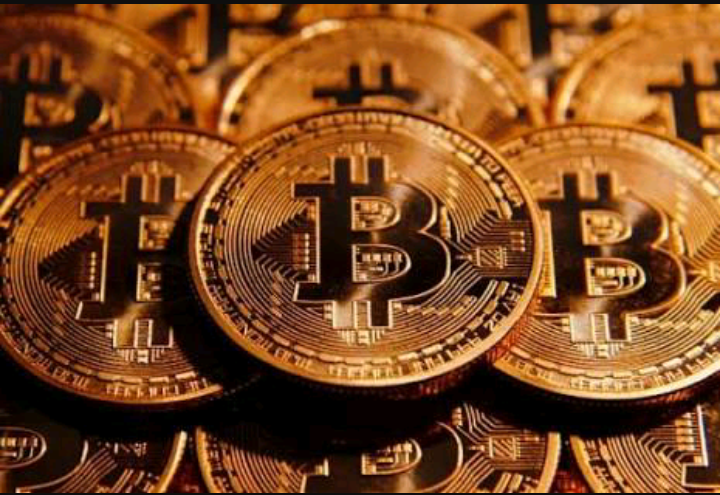The G20 summit, while not having an official view on Bitcoin, the impact of the currency and possible regulations was bubbling under the surface. While not mentioned directly, the currency was eluded to, most noticeable by Russia’s Vladimir Putin when he emphasized the importance of digital technologies.
According to him, the G20 summit has a role in shaping international regulations that will help in the development of digital technology that is necessary for the global economy to transition. Even though the comment on the necessary frameworks for technology growth was general, it is very relevant to crypto technology which is currently trending.
The past two years has seen more and more countries adopting Bitcoin and legalizing it including the Australia, Japan, South Korea, Philippines, Europe and the new country on the block India. Russia is also on the way to legalize Bitcoin in the near future. These countries stand in contrast to the US that seems determined to stifle the currency through over-regulation rather than encourage it’s use.
As much as there are regulatory frameworks to regulate the currency in those countries, there is no unified international regulation on the currency and other digital technologies globally. That is what Putin was actually trying to hint at; international regulation on the currency will make it easier for the currency to grow and will encourage more countries to adopt the currency. An early indication of how global standards can start to be introduced are the ‘know your customer’ rules as a form of regulatory framework to curb money laundering. These regulations are governed by international convention and benefit both the regulators and the bitcoin participants that have a clear set of rules to abide by.
As with all of these issues, it is important that the International Community tread a careful line between good guidelines and avoid over-regulation as seen in the US.
Russia’s plan to Regulate Bitcoin
According to CNBC the Russian pland to legalize and regulate bitcoin revolves around regulating it as a commodity, not as a financial currency. This follows the route taken by other countries recently and tends to lend itself well to a lighter touch regulatory regime. Russia considers regulating the currency a very important step toward curbing money laundering and to prevent Bitcoin exchange markets from going undercover which will make them impossible to regulate.
Should Bitcoin be Regulated?
As bitcoin is a decentralised store of value it has traditionally fought against regulation by the authorities and has been associated with illegal activities such as illegal black markets or, more recently, ransomware attacks.
Perfectly!